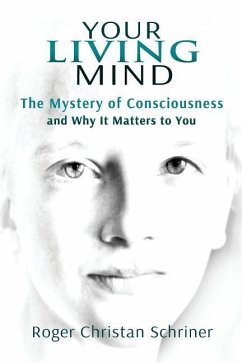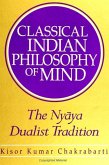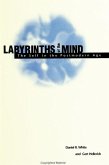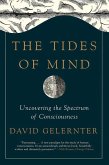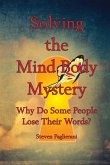Many people believe that consciousness occurs within the brain, but could this really be true? Today there is good news and bad news about this seemingly impenetrable mystery. The good news is that philosophers and scientists have identified some of the key features that make consciousness extraordinary. The bad news is that these clever conceptual breakthroughs have led to further conundrums. It has been maddeningly difficult to reconcile some recent insights about consciousness with the way science thinks about the physical universe, and this has stirred up the old mind-body debate. How could consciousness occur within the brain, or relate to the brain at all? And what's really appalling is that it's hard to make sense of consciousness in any terms whatsoever - physical or spiritual, religious or secular. Your Living Mind explains issues being hotly debated by experts who have studied consciousness in depth. If you liked Consciousness Explained by Daniel Dennett or Soul Dust by Nicholas Humphrey, or you have enjoyed readable books and articles about neuroscience, you'll enjoy Your Living Mind. It's an invigorating workout for both your intellect and your imagination. This book was written for several kinds of readers. Do any of these statements fit for you? * You want to develop a well-crafted personal philosophy of life. Understanding consciousness is part of that quest. * You want to learn about yourself, to know who and what you are. * You have been interested in the "big questions" of philosophy and psychology, and you'd like to revisit this sort of reflection. * You have already studied consciousness, and you enjoy playing with new ideas about "philosophical zombies" and other enigmas. Your Living Mind explains subtle ideas in clear and straightforward language, minimizing technical jargon. Issues are clarified with illustrations, diagrams, and specific examples. This book's unique format enables you to choose which sections you will read casually and which you will study more deeply by reading the footnotes and the clearly-marked technical sections. Drawing upon his background as a psychotherapist, the author has included a dozen exercises and techniques for personal reflection. For those who practice these techniques, Your Living Mind will become both an intellectual adventure and an exploration of the senses. Are you ready to become better acquainted with your living mind? THE AUTHOR, Dr. Roger C. Schriner is a psychotherapist and Unitarian Universalist minister who has studied consciousness for over 20 years. Your Living Mind is his sixth book. His previous publications include Bridging the God Gap: Finding Common Ground Among Believers, Atheists and Agnostics (available from Amazon) and Feel Better Now (available from personhoodpress.com). CONTENTS: The Introduction and first chapter map out the key issues this book will investigate. Chapter Two discusses intriguing new discoveries about the brain. Chapter Three considers the way our minds interweave conscious and unconscious processes. Chapters Four and Five explain why the mind-body problem is so challenging, and the next three chapters discuss attempts to solve this mystery. Dr. Schriner presents his own proposal in Chapters Nine - Fourteen, and relates this theory to our understanding of selfhood and personal freedom in Fifteen and Sixteen. Chapter Seventeen suggests additional implications, and concludes.

